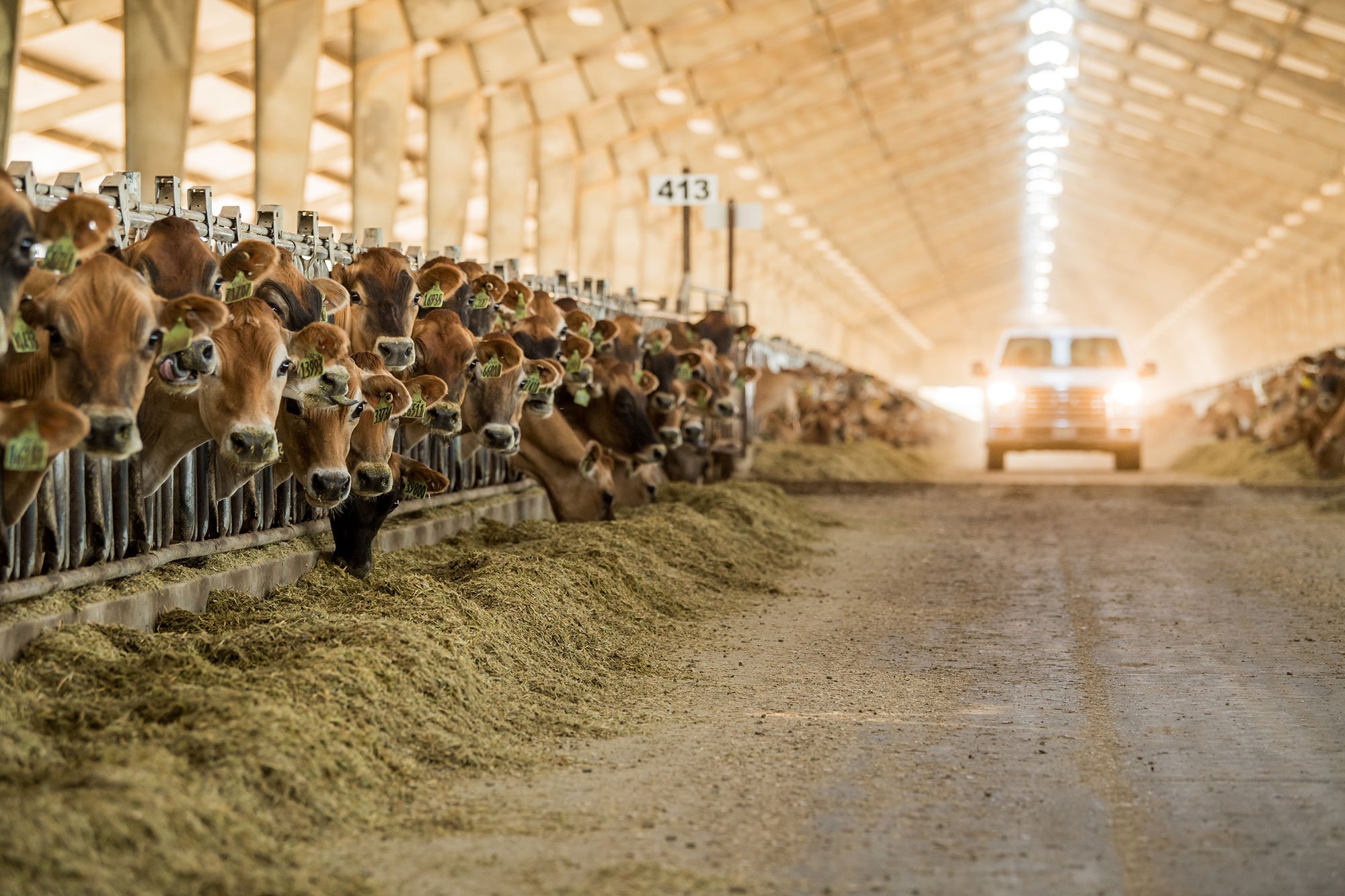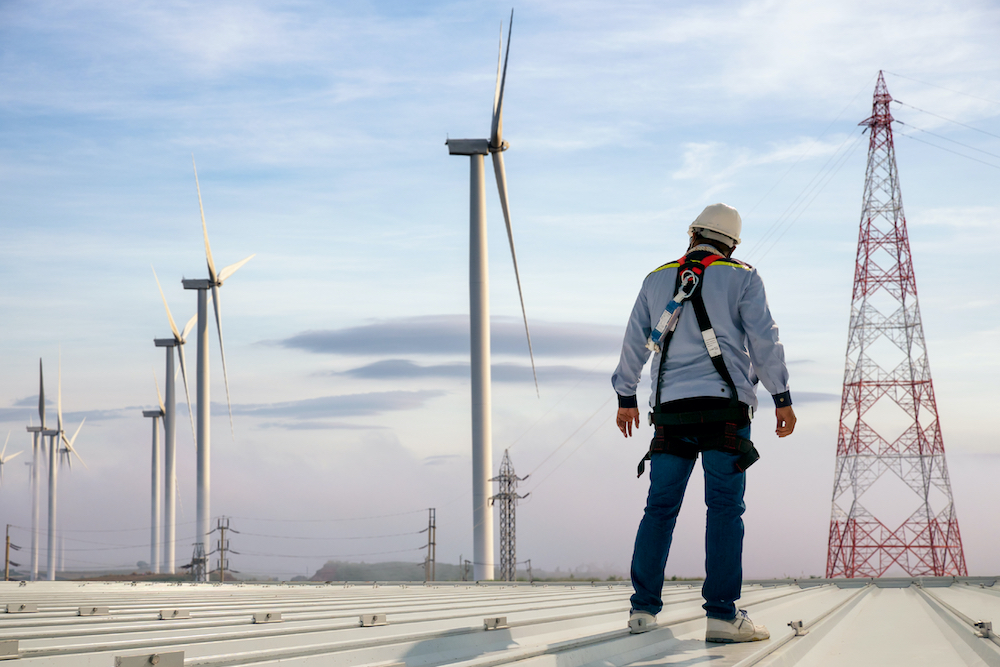ImpactAlpha, Apr. 13 – Institutional investors took awhile “to get comfortable with the fact that we were going to process manure and urine and create something of institutional value,” says Equilibrium Capital’s Dave Chen.
Pension funds and others, he says, were slow “to wrap their heads around the fact that shit has value.”
Institutional investors now have their heads well wrapped, Chen tells me in the latest installment in ImpactAlpha’s series of Institutional Shift podcasts. Such facilities get paid for taking the dairy waste, get paid for pipeline-grade “renewable natural gas,” or RNG, and get paid on the California carbon market for reducing emissions of methane, a powerful greenhouse gas.
In February, Portland-based Equilibrium sold a dairy manure-to-renewable natural gas facility in Oregon to Resilient Infrastructure Group, part of Partners Group, the $109 billion Switzerland-based private equity firm.
To meet regulatory mandates, gas utilities, as well as oil and gas companies, Chen said, “are buying as much dairy RNG as they can possibly get.”
Capital abundance
The same dynamics are at work across sustainability sectors, including electric vehicles, charging networks and battery producers as well as “controlled environment” greenhouses for high-production agriculture. Equilibrium is one of the largest owners of such greenhouses, as well as an investor in AppHarvest, which grows tomatoes and other produce in a 2.6 million-square-foot greenhouse in Morehead, Kentucky, in the heart of coal country.
AppHarvest’s shares started trading in February on the Nasdaq stock market after it went public through an acquisition by a SPAC, or special purpose acquisition company.
The convergence of sustainability and SPACs – some 30% of all such offerings have a sustainability thesis – means that capital-intensive industries that were a poor fit for venture capital funding now have access to abundant capital.
“There’s a magic point in the growth-phase of a sector when he who has access to a capital structure, and the capital itself, stands a better chance of surviving and winning than those that don’t have access to capital,” Chen says. Infrastructure solutions for climate change and climate resilience are capital-intensive. “So there is an advantage in SPAC land and IPOs and other mechanisms like staying private longer but being able to access big, huge blocks of billion-dollar-sized capital.”
Not every company, even in growth sustainability sectors, is going to make it, of course. Last month, vertical-farming startup Aero Farms agreed to go public via a SPAC and another four or five greenhouse farm companies are likely to follow. Can the market support a half-dozen electric-vehicle companies? Probably not, Chen says.
But just like in the dot-com and telecom booms and busts of the 1990s, the innovation – and the infrastructure – will survive. “The lesson there to be learned is that the underlying trend lines and the underlying momentums were not wrong,” Chen says.
Some of that momentum comes from the ability, and the mandate, to price the value of environmental and social benefits. Institutional investors take a cold-eyed look at the numbers, but those numbers increasingly reflect environmental value. In the case of the dairy manure-to-gas plant, for example, “look at where the cash flows are coming from,” Chen says. “The cash flows are coming from outsize benefits to the environment, outsize benefits to the farmer, and the pricing of those benefits.
“It’s also because the regulators have de facto priced it, and the market is now recognizing that that pricing is probably a reflection of a rational change that has to take place. So the very value is coming from its environmental outcomes.”
Catch up on all of ImpactAlpha’s podcasts, including our weekly Impact Briefing.











